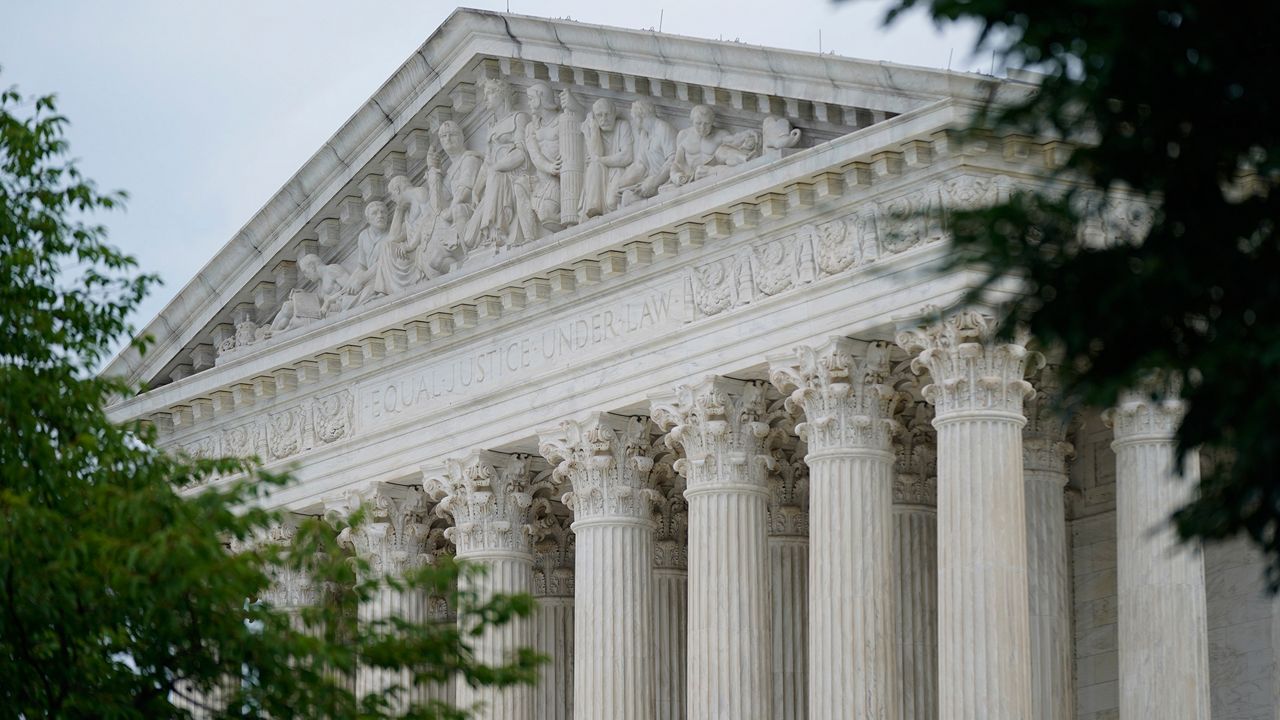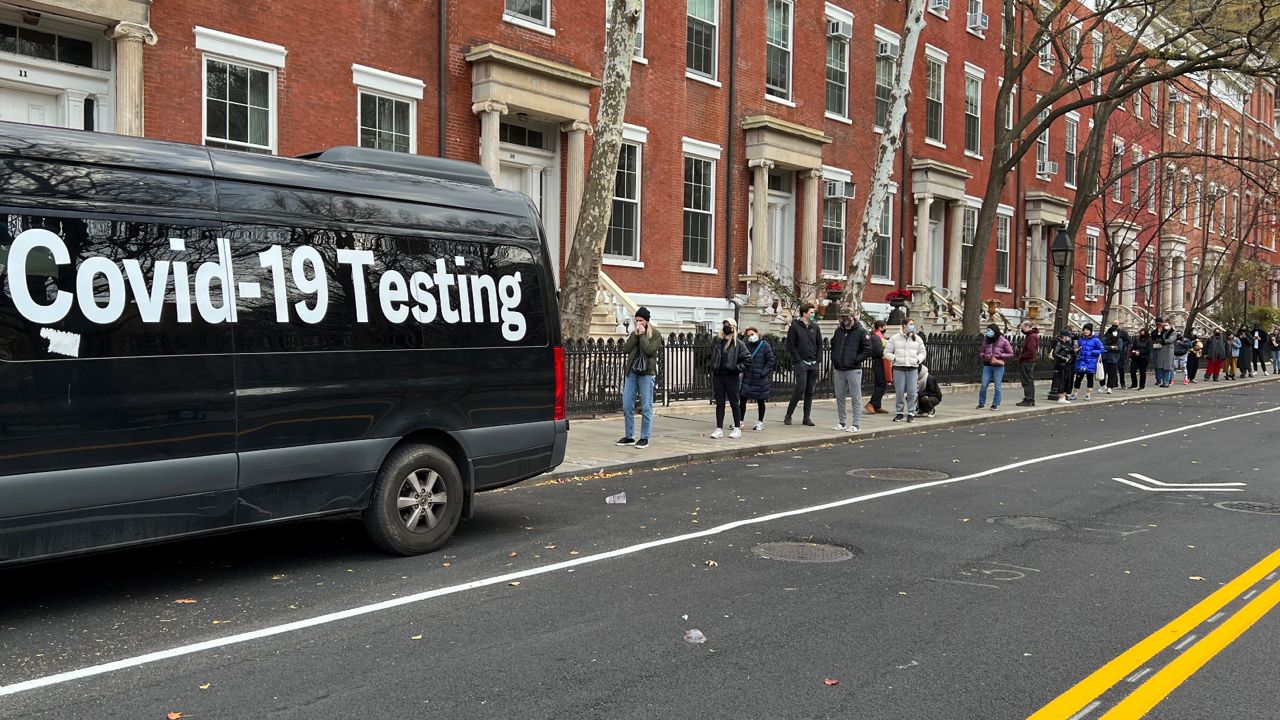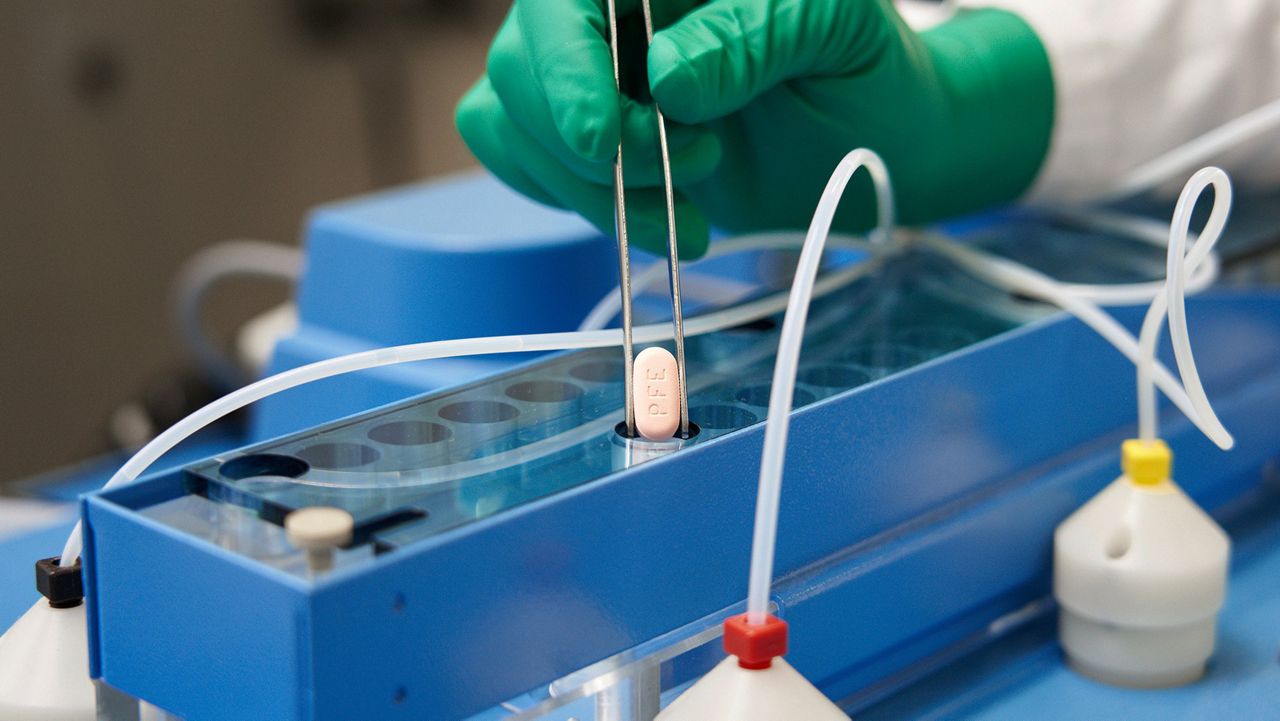NEW YORK — Shanice Sookdeo says her body feels different since she was diagnosed with coronavirus in March.
Most notably, she says feelings of anxiety and depression have skyrocketed ever since.
"It's like regular depressions times ten and anxiety where it's like, am I ever gonna get better?” she said.
The Richmond Hill resident is not alone.
A new study by the Lancet Psychiatry Journal found nearly one in five COVID-19 survivors develop a psychiatric disorder anywhere from 14 to 90 days within their diagnosis.
Anxiety, depression, and insomnia were most common among COVID-19 survivors.
“You know, a lot of the drivers of anxiety are unpredictability, uncontrollability, this lack of knowledge and that's kind of the hallmark of this disease and this pandemic,” said Dr. Abhishek Jaywant, a neuropsychologist at Weill Cornell Medicine and New York-Presbyterian.
He says the findings are consistent with what he sees with his patients.
“A lot of worry around their recovery and whether they're going to have permanent deficits,” Dr. Jaywant added.
The study analyzed electronic health records of 69 million people, including more than 62,000 COVID-19 patients. Researchers said they used the TriNetX Analytics Network to compile the data.
The report also found people with a pre-existing mental illness are 65% more likely to be diagnosed with coronavirus than those without.
Dr. Kimberly Klipstein is an associate professor of Psychiatry at Icahn School of Medicine at Mount Sinai. She says the findings are not surprising, but they are concerning.
"So it just suggests that this already very vulnerable population of patients with mental illness is even more vulnerable in this condition,” said Dr. Klipstein.
Sookdeo says it's been difficult, but she finds comfort in an online COVID-19 support group called Body Politic. She hopes others realize they are not alone.
"It makes me sometimes want to give up and you don't want to, you know, but there's not enough people to advocate for us as well," she said.
Experts say anyone struggling with mental health should seek help.
They say the long term psychological effects of the coronavirus are still unknown.
Researchers say while their findings are preliminary, they have implications for clinical services.








